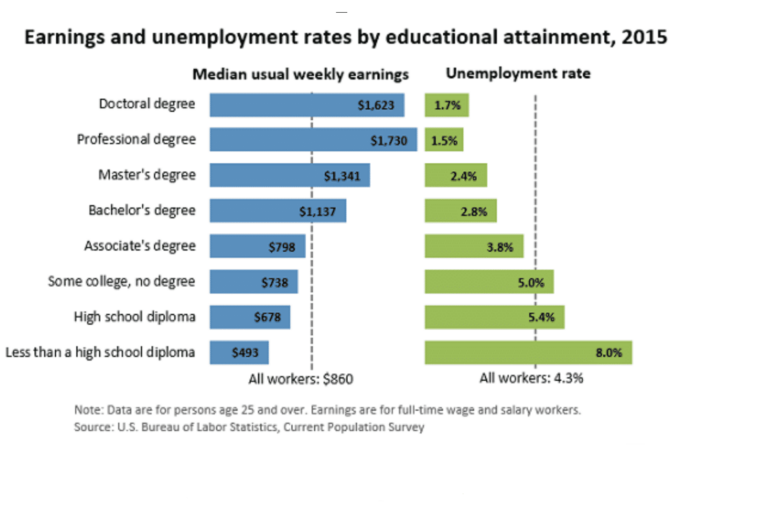Life Transition: Changing Careers and College Planning
Successfully Navigate Life Transitions with College
As with any life change, making the decision to change can be difficult. Changing jobs, leaving a familiar industry, going back to college: all require grit and courage. Below you will find a guide to help you navigate this process to help smooth the transition from the known to the unknown.
- In today’s ever-changing job market, it is critical to adopt a growth mindset as coined by famous Stanford University psychologist Carol Dweck. In short, the growth mindset is the belief that intelligence can be developed. A focus on improvement and growth will lead to a happier more productive life while aiding to successfully navigate life’s undulations.
- With a focus on growth and personal development, you should now take stock. More specifically, begin an introspective journey to determine what you like and do not like. During this assessment process, you will naturally ask a series of questions about things you are passionate about and the type of things that do not interest you. In doing so, you will develop a list of industries to research and people to connect with to learn more about certain topics. Through diligence and focus, you will narrow down this list to a workable number of vocations to research further.
- Do a deep dive and research fields of interest from business to computer science to healthcare to cosmetology and everything in between. Leverage your personal and professional network to learn more about the industries and jobs on your short list. Assemble this information in a working log and continue to add important information to your list as new things are discovered. Spend time learning about jobs, economics, workforce shifts, job stability, satisfaction, lifestyle fit, and employability. A treasure trove of information can be found on the Bureau of Labor Statistics website including prospective job growth, median income, educational requirements, number of jobs, job description, state data, city data, and adjacent careers.
- Next, we need to perform a self-evaluation. What are you good at? What are your strengths? Your opportunities for growth? What is your learning style? Your personality profile? What is your communication style? Your leadership propensities? How effective are you at managing your time? Are you self-motivated? Do you need an accountability partner? Are you a planner? Do you tend to procrastinate and complete a task with flurry of activity? Are you calm under pressure? Do you wilt when talking in front of a group?
- After you have completed a comprehensive self-evaluation, you need to determine what items you will work on in order to achieve the job you would like to pursue. If you require a series of soft skills and a specific degree in order to successfully make the switch to a new career, map out the steps in reverse order. Meaning, set out the goals before the milestones so you can plan out the specific activities necessary to reach each item along the way. For example, if you need to earn a degree in nursing (goal) in order to enter a new vocation, you will need to take a series of prerequisite classes (milestone) by enrolling in college courses (activity) and study for each course (activity) to move to the next set of classes.
- Put the work in networking. Invest in your future by connecting with other professionals. Determine who has influence in a particular industry and get to know them and their colleagues. Knowing people who can link you to another professional organization is the bridge you may need to build while working towards your credentials. Do not underestimate the power of relationships.
- While networking and studying for the career of your future, establish a mentor. A mentor can be someone you know or someone your career counselor recommends. Either way, a mentor/mentee relationship can be a mutually beneficial relationship to help guide you towards the career of the future. As an expert in a field of study, a mentor may be able to connect you with an professional association or hiring manager in the industry of your choosing as the relationship progresses.
- Finding the right job for you. With the proper growth mindset, self-evaluation, research, degree/certification, training, and networking in place, you are ready to formally begin the job search process. Rely on your network and mentor to help guide you and expect the best. Be active in your search. Attend industry-specific mixers. Connect with other students. Leverage your college counselor. Polish your resume. Refine your interviewing skills. Remain positive and people will naturally gravitate towards you. The job of your future will come into focus and be a great platform for your career’s ascent.
For additional resources, make sure to visit MatchCollege and subscribe to our blog for the latest in college information.






